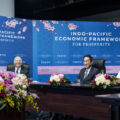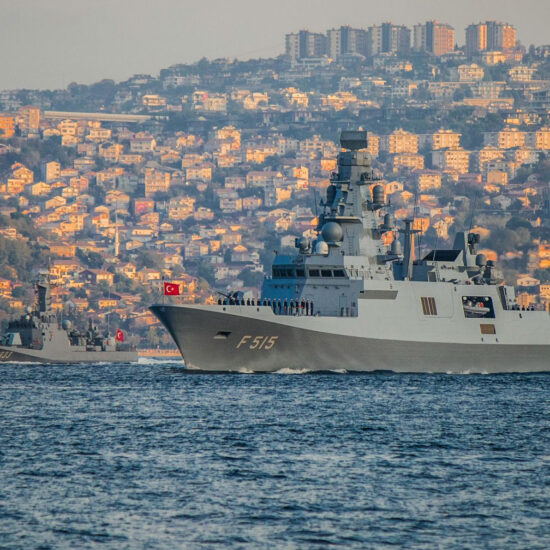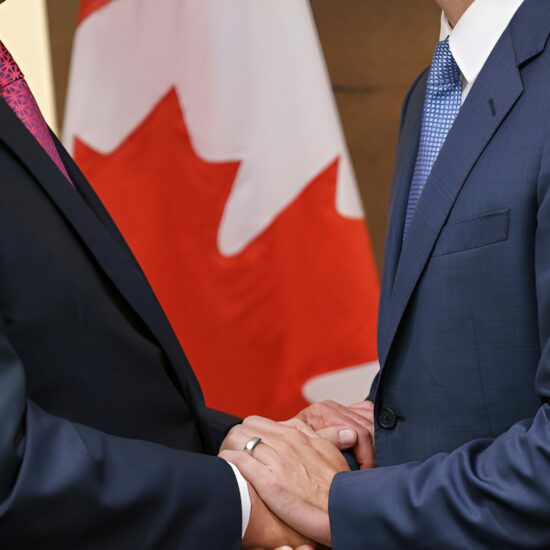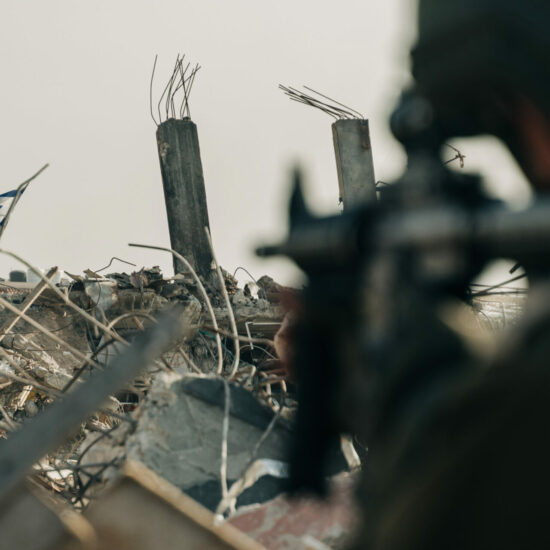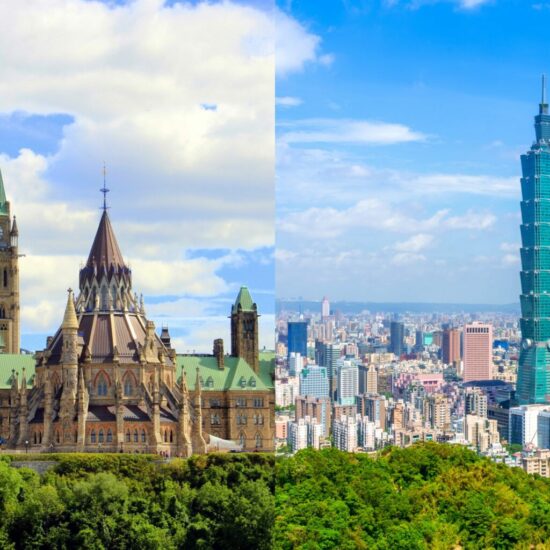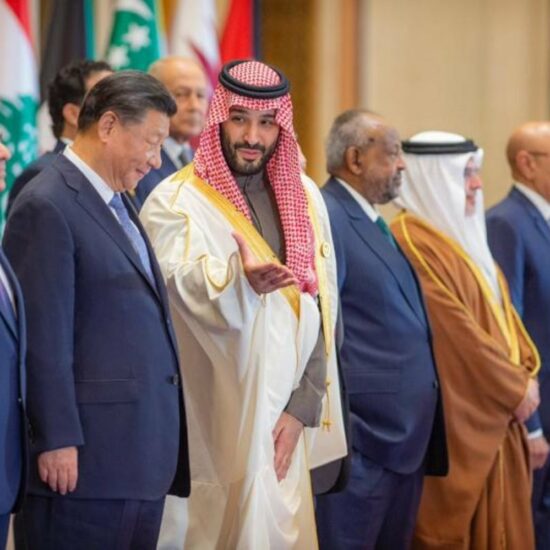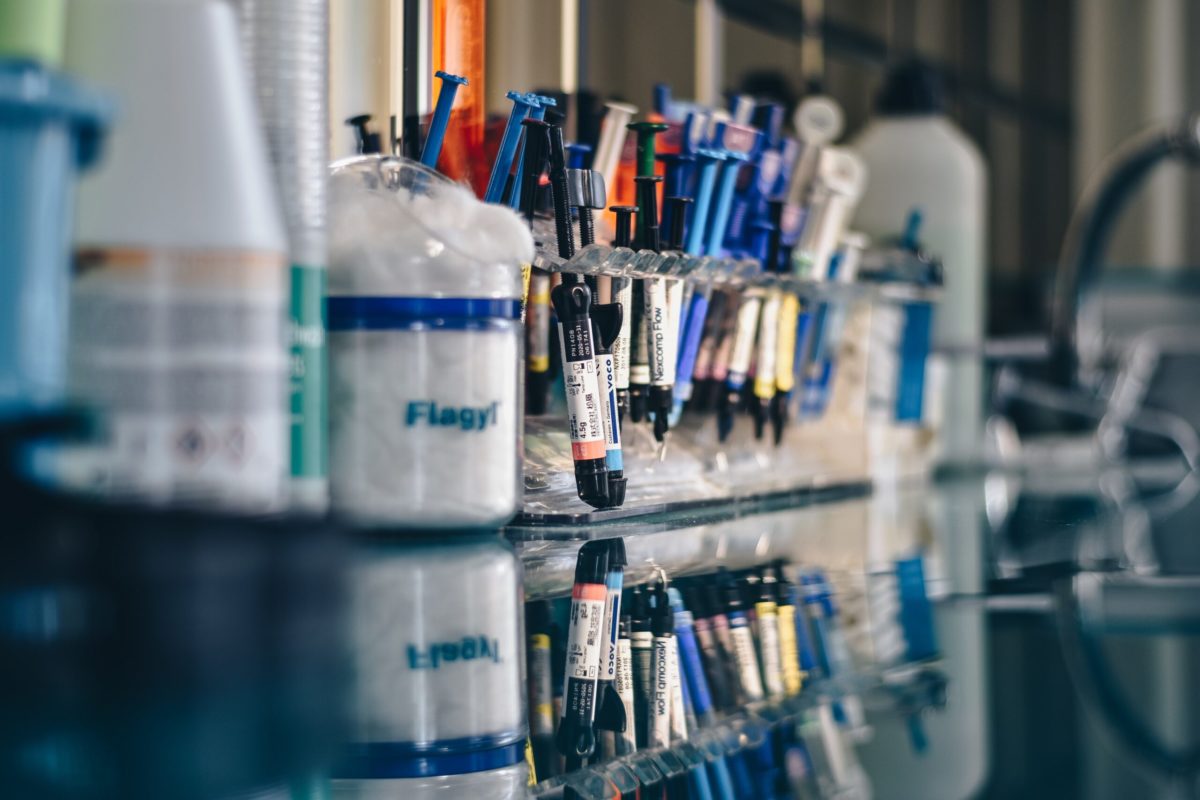
Image credit: Ibrahim Boran
By Pouyan Kimiayjan | Research Associate
If executed correctly, a coordinated strategy can advance Canada’s health diplomacy and vaccine export capacity while shielding the country’s people from unexpected disruptions to the complex global vaccine supply chain.
Canada is in the midst of COVID-19’s second wave. With the coming of winter, coronavirus cases have once again surged across the country. Even British Columbia—once revered as a prime example of successful virus management under the leadership of provincial health officer Dr. Bonnie Henry—is witnessing a resurgence of cases across the province. Anticipating this second wave, the federal government was compelled to initiate a comprehensive vaccine strategy in April. Canada has pledged its commitment to help with the global distribution of vaccines. In parallel, Canada has pre-purchased a high number of vaccines from foreign companies. This two-handed approach, while imperative, could seriously undermine Canada’s domestic vaccine manufacturing capacity and produce unintended consequences for global pandemic management efforts, limiting access for low-income countries that are unable to similarly reserve doses.
In September, Canada joined a global vaccine procurement program and announced that it will also join the COVAX facility, a vaccine-sharing program connected to the Bill and Melinda Gates Foundation and the World Health Organization. Soon after, Prime Minister Trudeau announced a commitment of $220 million to the COVAX facility and pledged an additional $220 million to the COVAX Advance Market Commitment. The former is concerned with securing equitable access to vaccines for the global population, including Canadians, and the latter aims to ensure vaccines for low- and middle-income nations.
At the same time, Canada has also prioritized the purchasing of vaccines from foreign candidates. The federal government was reported to have purchased a minimum of 154 million advance vaccine doses from five foreign vaccine companies in late September. By now, Canada has invested $1 billion to import vaccines from now six foreign candidates. Canada signed an agreement with Pfizer in August, securing millions of doses of potential vaccines. This week, Pfizer announced that its early data suggests that the firm’s COVID-19 vaccine is highly effective, a reassuring development for Canada. It should be pointed out that Vancouver-based biotech company Acuitas Therapeutics played a central role in the experimental treatment’s research and development. However, some academic experts argue that by joining the premier league of “vaccine nationalists”, where few rich nations had pre-purchased more than half of the globe’s expected short-term supply of vaccines, Canada will undermine the global effort to control the pandemic. The Serum Institute of India, the world’s largest vaccine producer, has predicted that under current trends, there will not be enough COVID vaccines available for the global population until 2024.
To compensate for such large pre-purchase orders, experts suggest that among other solutions, Canada must increase its global investments via the COVAX channel and also invest in its vaccine manufacturing capacity to avoid dependency on vaccine imports. Henceforth, additional financial commitments to the COVAX facility could help increase production capacity worldwide. Concerning domestic manufacturing capacity, there are currently more than a dozen Canadian vaccine candidates, many of which are registered with the World Health Organization. The federal government has provided aid to domestic candidates—for example, earmarking $126 million for a new facility in Montreal projected to produce two million vaccine doses per month for domestic use by the summer of 2021. And in October, Prime Minister Trudeau announced that the federal government has signed deals with two Canadian biotech firms totalling $214 million. Federal support for domestic vaccine manufacturers also enables Canada to increase vaccine exports and further advance its health diplomacy abroad: a comprehensive foreign policy initiative that has so far enabled Canada to increase its funding of WHO and other COVID-related global initiatives. This could serve as an opportunity to rebuild Canada’s reputation as a key international player, an imperative amid the United States’ abandonment of its international commitments. While a new US administration will assume power in January, Canada’s southern neighbour is currently engulfed in a post-election crisis and is therefore expected to be absent from the international arena for the next two months.
Nevertheless, the made-in-Canada vaccine effort has been stymied by manufacturing delays. The Saskatoon-based Vaccine and Infectious Disease Organization-International Vaccine Centre (VIDO-InterVac) that aimed to manufacture for targeted groups by March 2021 lacked the manufacturing capacity to produce in adequate numbers. This is where the federal government must take decisive action and subsidize Canada’s domestic manufacturing capacity. In fact, VIDO-InterVac director Dr. Volker Gerdts asserts that had the federal government recognized the value of investing in a dedicated manufacturing site before the pandemic, the Canadian vaccine would be far ahead of foreign competitors.
Moving forward, the federal government must pursue a balanced approach, providing additional investments to global vaccine initiatives and thus compensating for Canada’s disproportionate pre-purchase of vaccines from the global market—an effort that has impeded lower-income countries’ import of such desperately needed doses. At the same time, decisive steps should be taken to secure self-sufficiency for Canada’s supply line. Supporting domestic health research and manufacturing sectors could ultimately reduce dependency on foreign candidates and will certainly be beneficial for Canadian health security in the long-term. If executed correctly, such a coordinated strategy can advance Canada’s health diplomacy and vaccine export capacity while shielding the country’s people from unexpected disruptions to the complex global vaccine supply chain.

